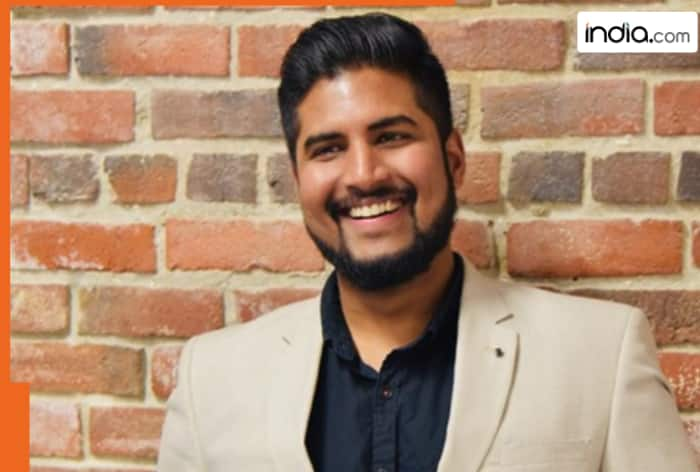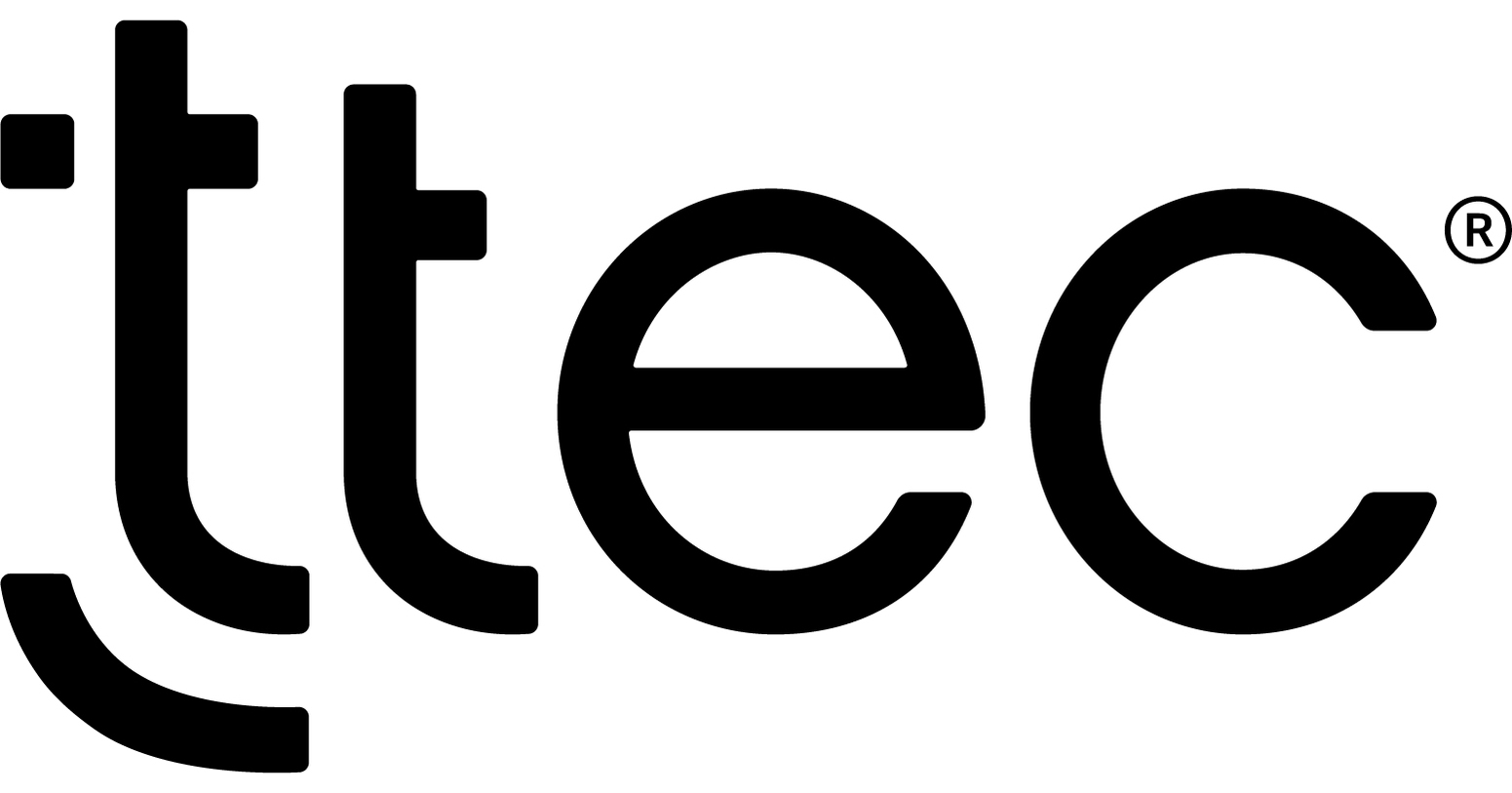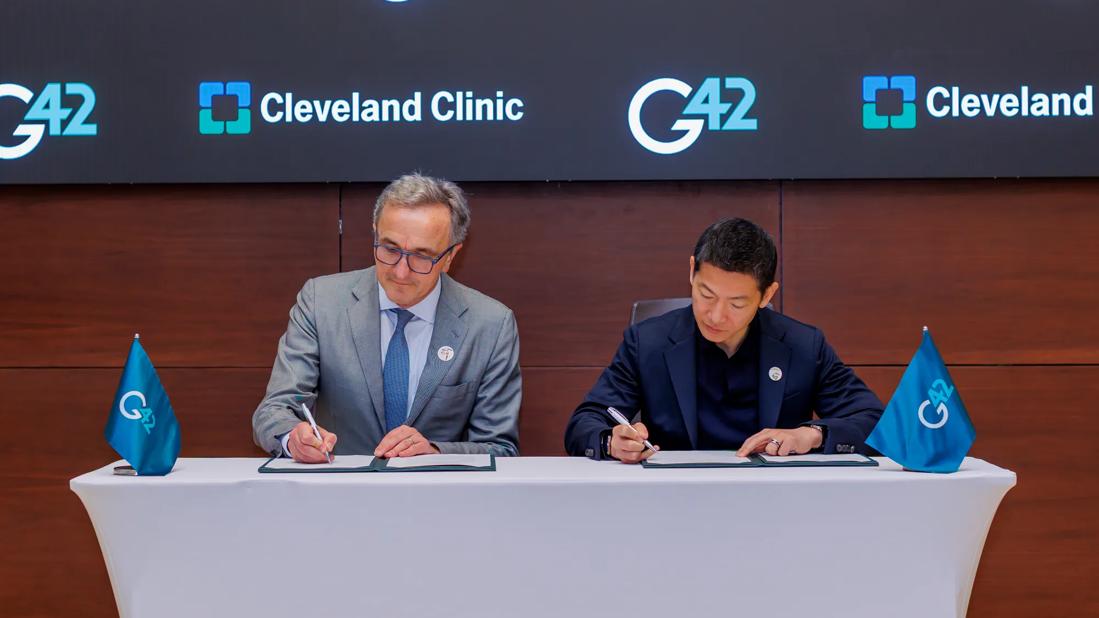A conversation with Dr Manideep Gopishetty

Dr Manideep Gopishetty unique path from the clinical practice of medicine to healthcare entrepreneurship has led the way to major innovations in digital health, mental healthcare, and assisted living services, making quality healthcare accessible to many more people and populations.

Dr. Manideep Gopishetty exemplifies the combination of medicine and entrepreneurship for an innovative viewpoint from the healthcare lens, being an accomplished physician with Doctor of Medicine from Zaporizhzhia State Medical University, where he graduated amongst the top 5 students, and having post-graduate studies in MBA from University Canada West, modern healthcare leader in every sense. His unique path from the clinical practice of medicine to healthcare entrepreneurship has led the way to major innovations in digital health, mental healthcare, and assisted living services, making quality healthcare accessible to many more people and populations.
Q 1: What was your motivation to transition from actually seeing patients in clinic to being a healthcare entrepreneur?
A: My motivation to transition from actually seeing patients in clinic to being a healthcare entrepreneur was more a gradual extension of my desire to make a larger impact in healthcare. I had seen in clinical practice many of the problems systemic in nature that needed innovative solutions to tackle them. Clinical experience told me about patients’ needs and gaps in the delivery of healthcare, and the business part kicked in defining how I would begin to address these issues on a larger scale. I also realized that with the insights obtained during my clinical practice inform my entrepreneurial undertakings, it could positively impact thousands more patients than I could treat myself in my clinic. The drive to positively influence healthcare systems to better deliver care towards patients still retained as the centre of care delivery is what ultimately excited me about the transition.
Q 2: How does your medical experience shape your thinking towards healthcare technology?
A: As a physician, I understand healthcare technology from both clinical as well as operational perspectives. I always want to ask, “How is this going to improve patient care?” before building up any digital health product. My interaction with patients gives me an educated guess about some of the implementation problems we are likely to face, ensuring that our solutions would fit within their workflow. And, above all, I fully understand what it means to keep a human element within the healthcare system along with the technology. Especially helpful in such work was the developing of mental health applications that are so embedded within home care well balancing both technology and touch.
Q3: You have mentioned in the past that AI could be very important to mental health. What does that role consist of, and do you have steps you have in mind?
A: Definitely! I see potential for AI to revolutionize mental healthcare: early detection, ongoing monitoring, individualized plans for intervention. The technology we are creating at present will enable clients’ behavioral insights to be gathered between sessions, with the promise of enhancing rather than disrupting the therapeutic alliance. Thus, been careful to try to reach the needed balance on this. AI should not replace that relationship with the health care provider and patient; it should be used to assist the provider with more informed decisions and aid the patient with their navigation of the treatment plan. Ultimately, I am a person-allied with the idea of leveraging AI to open up the accessibility and efficacy of mental healthcare while offering that human touch in therapy.
Q4: You are innovating in healthcare in different sectors at the same time, how do you ensure quality across those different innovations in the work?
A: Solidly laying down the tripods of the well-built systems, trained staff, and quality metrics is the secret behind successful health ventures. For our home care services, we built out robust training programs and quality assurance components. For the technology ventures, we have purposely added our review development and testing processes to ensure quality of the new products and services. The objective will create scales on which everything is measured for consistency while encouraging process innovations to keep a quality product as well as to customize such products to our families. A well-rounded approach is going to strengthen the attainment of this value through a strong leadership team, creating autonomy for them, and ensuring they have what they need to be successful. As a leadership team we have regular cross functional team meetings where we share and distill learnings and best practices across our different ventures fostering a culture of continuous improvement.
Q5: What are some of the challenges you find in integrating digital solutions into the existing healthcare settings?
A: Change management for healthcare entails an equilibrium of innovation and practicality. Clinicians must see clear, tangible benefits if they are to adopt a new technology. At the outset of any given process, a broad range of stakeholders is engaged. We work with our healthcare professionals to assess their workflows and pain points so that our solutions add real clinical value and do not create further complicity. Furthermore, we place strong emphasis on training and support in practice during the implementation phase themselves. Compliance is another very salient issue on this path: compliance with the healthcare standards, which we do enforce, while crashing against boundaries of innovation. Demonstrating clear improvements in patient outcome and provider efficiency is often the crux for success in integration of digital health.
Q6: With the experience gathered in different health systems, what do you reckon about the future evolution of healthcare?
A: Every transformation in human health leads to greater integration and patient focus; the traditional boundaries among different types of care are becoming increasingly fluid. I envisage a future in which digital health, external home care, and traditional medical services blend; all aided through the involvement of AI and data analytics. Preventive care becomes ever more important, along with the mental well-being and general well-being of the possible patient. Technology will thus enable more personalized treatment approaches; a real challenge will be to keep it accessible and affordable. Care at home and telehealth are expected to receive increased demand during ongoing chronic condition management. The best healthcare organizations to succeed are those that can combine new technologies with empathy and patient-centered care.
Q7: What role do language and culture play in your healthcare initiatives?
A: My proficiency in English, Hindi, Telugu, Russian, and Ukrainian has afforded me insights into various contexts of healthcare delivery. Barriers via language and culture can be detrimental to health outcomes, especially during those developmental phases of mental well-being and home care. We are dedicated to developing culturally sensitive care protocols and have prioritized the development of digital solutions that would transcend language and cultural barriers. This reciprocity in approach allowed for development and delivery of more inclusive healthcare solutions.
Q8: How do you keep in focus and ensure all-health care ventures are strategically aligned?
A: All my ventures are about innovation for accessibility to healthcare and better outcomes. The focus is on holding together strong core teams with communication channels set up across organizations. All our projects stay aligned with the overarching mission and benefit from strategic review sessions on a regular basis. Staying in touch with the clinical side of healthcare also matters – I make sure that I keep engaged with healthcare providers and patients at regular intervals so that I can stay tuned to emerging needs and challenges. This direct interaction with healthcare delivery then serves as the platform for all strategic considerations across my ventures.
Q9: What advice will you give to those doctors who are considering a path towards healthcare entrepreneurship?
A: First, keep your clinical perspective – that is your unique selling point in recognizing the challenges of healthcare. But also learn business; my MBA was paramount in helping me with the business angle of healthcare innovation. The first step would be identifying certain issues within your clinical practice that can be improved through innovative solutions. Build a strong network concerning healthcare and business, as those contacts will come in handy to leverage market demands and opportunities. Don’t ever hesitate to start small and iterate based on feedback. Above all, always remember that healthcare entrepreneurship is fundamentally about enhancing patient care, so that remains your guiding star for every single decision you take.
Q. 10: What are your future long-term goals regarding the change in health care?
A: I would like to eventually develop a healthcare system that can provide patient-centered care in an efficient and accessible manner. We have focused on expanding our digital health platforms and improving our services in home healthcare. I am so very much looking forward to enhancing our AI applications for mental health care and developing models of care delivery that would be more fully integrated with inpatient services. Ultimately this can become a healthcare ecosystem where technology and human care complement each other perfectly, rendering quality healthcare within the reach of so many more.
It will be focused toward improving patient outcomes while not losing sight of very highest standards of care.
Dr. Manideep Gopishetty is a physician-entrepreneur with contributions spanning numerous dimensions of health care innovation. His journey from medical practice to health-care leadership is also marked by a commitment to joining clinical excellence with technological innovation. He carries the unusual perspective of both medical and business degrees, being fluent in five languages, toward changing the healthcare system. Under his leadership in mental health technology, assisted living services, and health management, Dr. Gopishetty pursues in-depth transformations in healthcare delivery which focus on more accessible, efficient, and patient-centered health care solutions.
Topics
link







